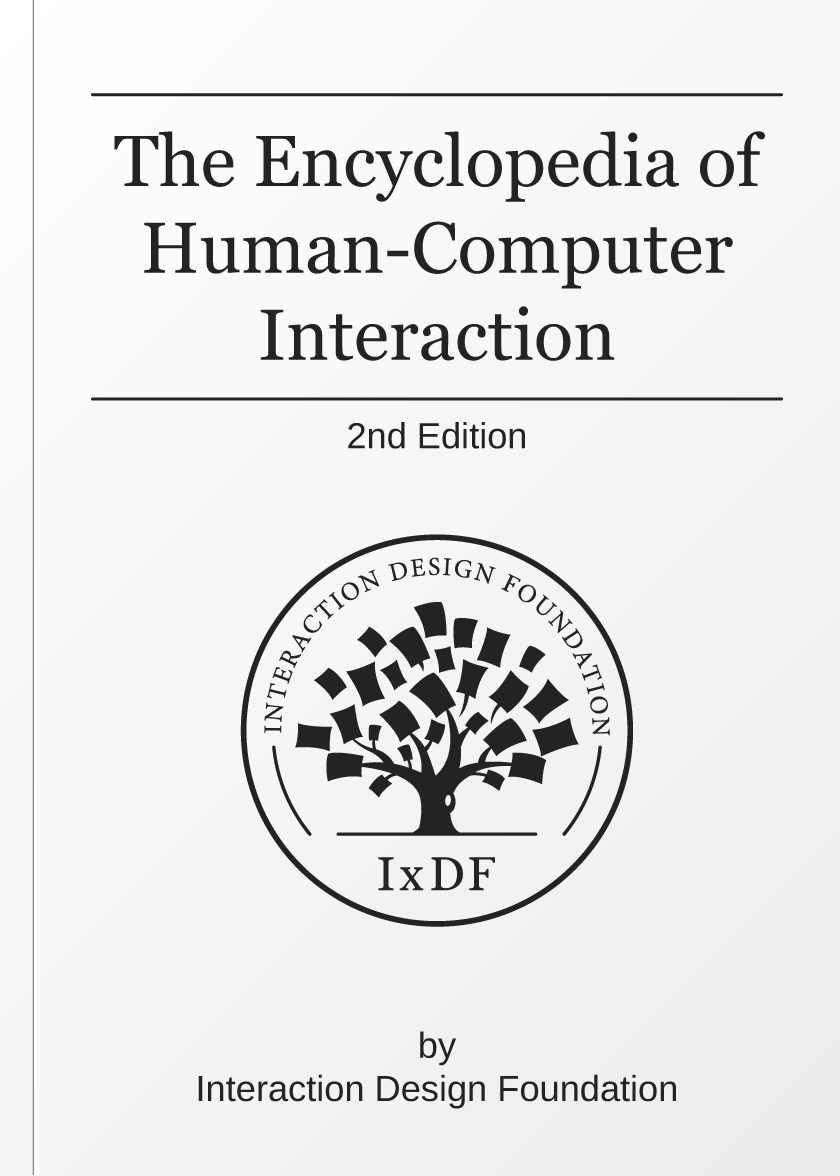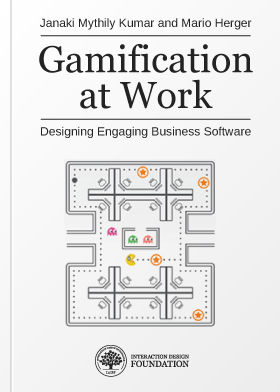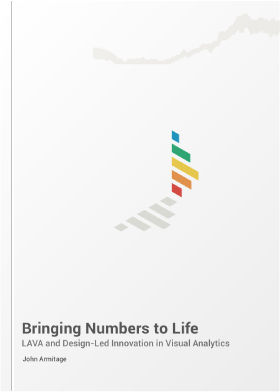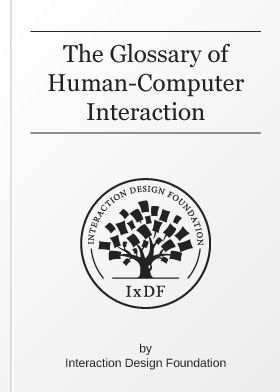The Encyclopedia of Human-Computer Interaction, 2nd Ed.


The democratization of design knowledge is at the very heart of our mission. That’s why—over 22 years after we started—we will never stop bringing leading designers, bestselling authors, and Ivy League professors together to create open-source, free-to-access textbooks on UX design. This is the world’s most comprehensive compendium of design knowledge, made available to everyone around the world.

Free textbooks written by more than 100 leading designers, bestselling authors, and Ivy League professors. We have assembled our textbooks in a gigantic encyclopedia, whose 4,000+ pages cover the design of interactive products and services such as websites, household objects, smartphones, computer software, aircraft cockpits, and what have you. Name an item of design interest, and you'll probably find it discussed inside.
A comprehensive resource for UX professionals, covering essential terminology and concepts in UX / UI Design.
We are honored to have these highly regarded professors and experts as contributing authors of our educational materials:






Browse the world’s largest Wiki Bibliography on human-centered technology, comprising 138,000 authors in more than 127,000 publications.





We believe in Open Access and the democratization of knowledge. Unfortunately, world-class educational materials such as this page are normally hidden behind paywalls or in expensive textbooks.
If you want this to change, , link to us, or join us to help us democratize design knowledge!
